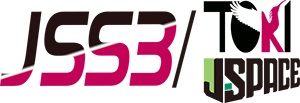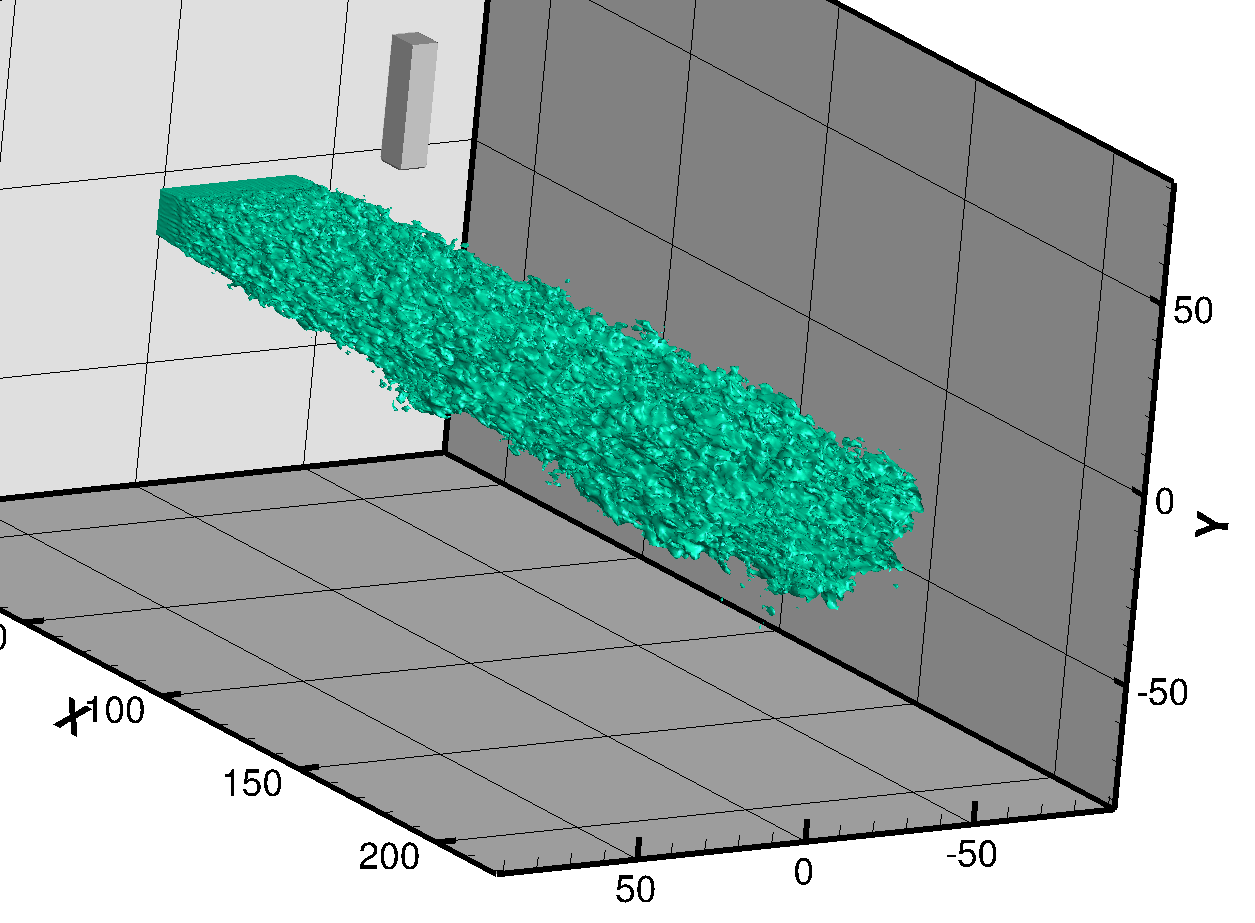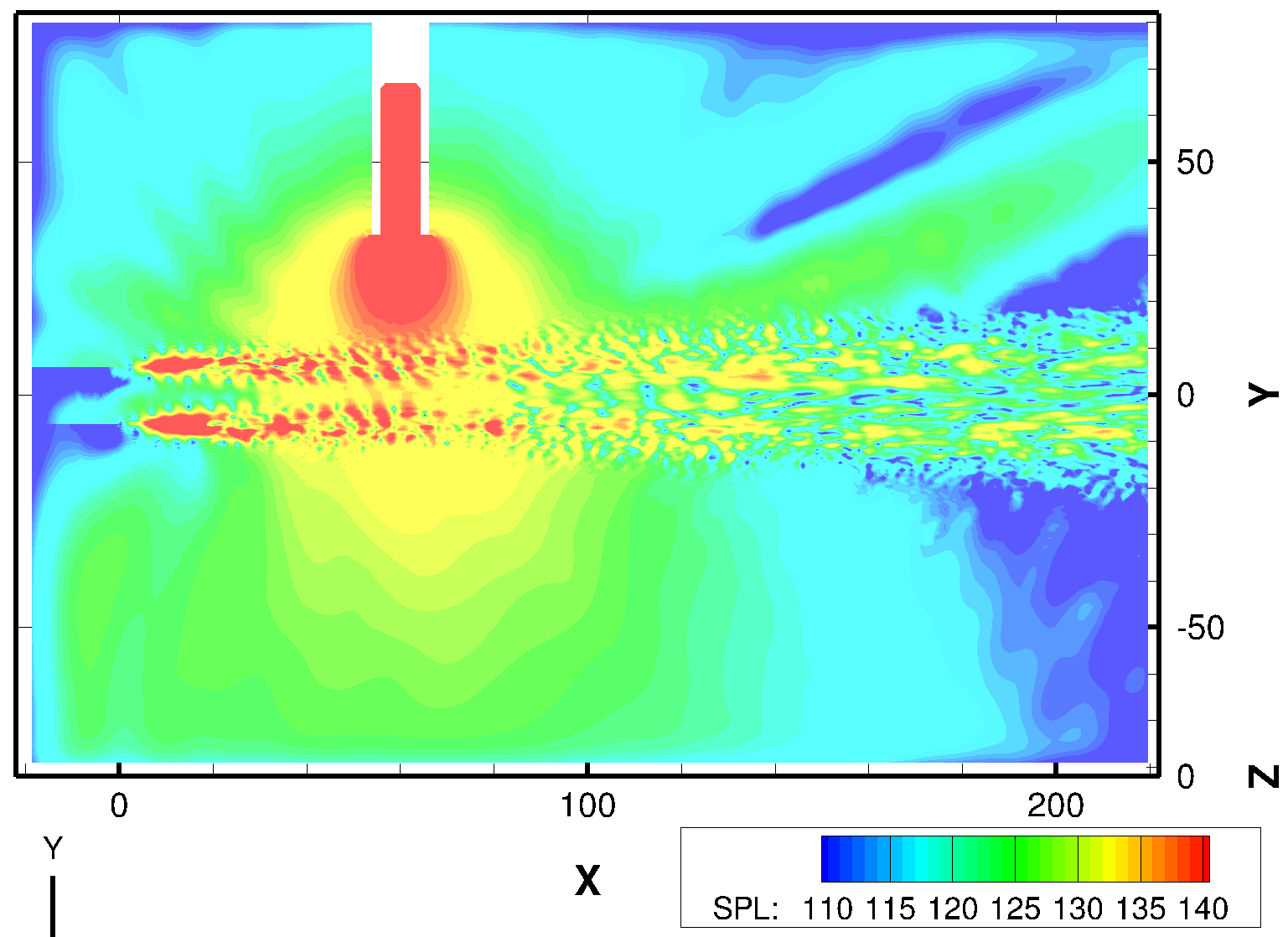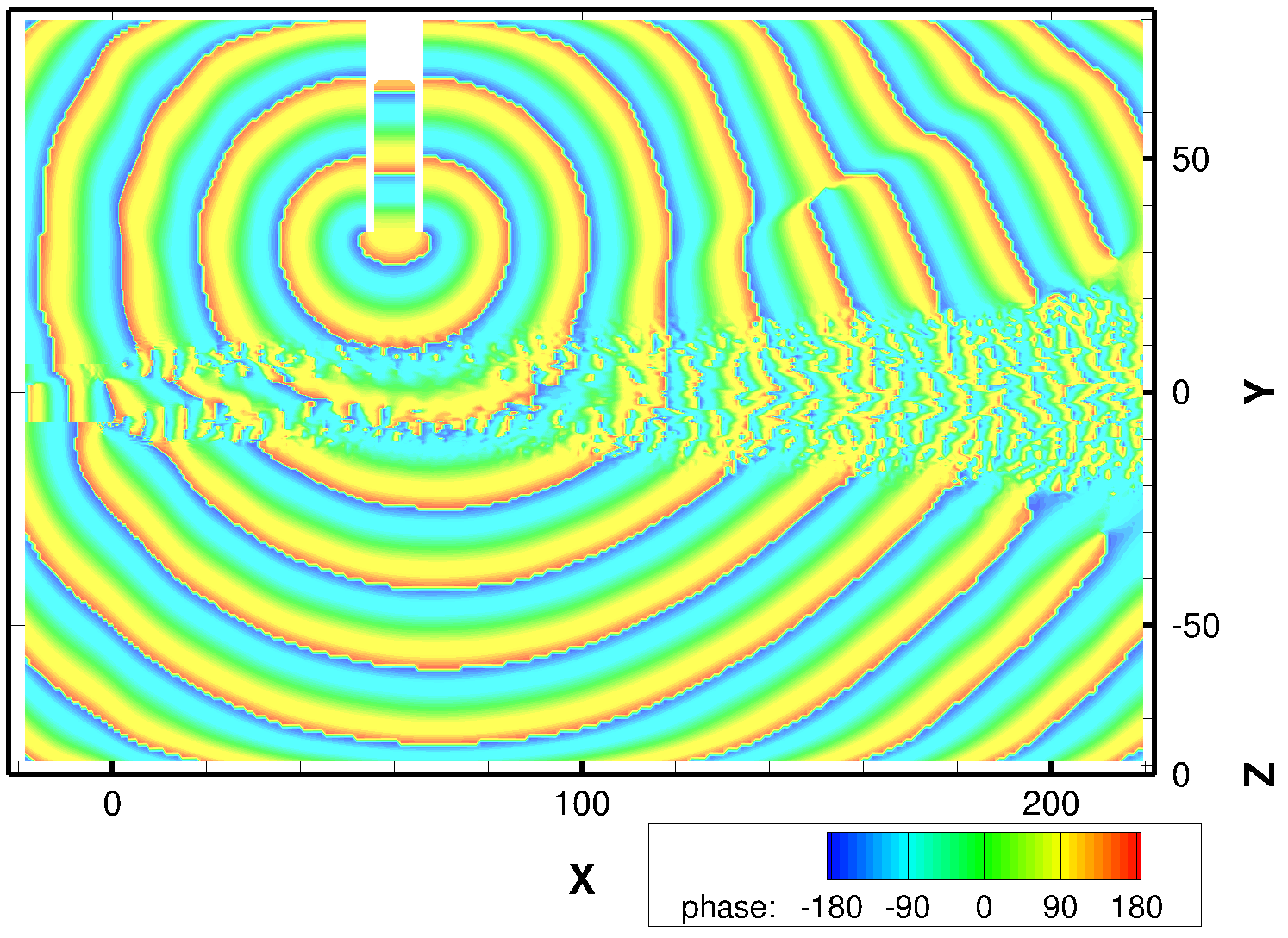Noise suppression technology for aircraft jet engines
JAXA Supercomputer System Annual Report April 2018-March 2019
Report Number: R18EA0716
Subject Category: Aeronautical Technology
- Responsible Representative: Toshio Nishizawa, Aeronautical Technology Directorate, Propulsion Research Unit
- Contact Information: Shunji ENOMOTO(enomoto.shunji@jaxa.jp)
- Members: Shunji Enomoto, Kae Ito, Tatsuya Ishii
Abstract
Noise generated from a jet engine is dominant to total aircraft noise level and it is very important to reduce this. In this project, demonstration of exhaust noise reduction by changing exhaust duct shape, and study of noise reduction technique by numerical analysis were carried out.
Reference URL
Please refer to ‘Green engine technology | ECAT – Environment-Conscious Aircraft Technology Program | Aeronautical Technology Directorate‘.
Reasons for using JSS2
The calculation was LES with a large amount of computation and storage usage. It was necessary to use SORA-PP and SORA-FS.
Achievements of the Year
In order to investigate the behavior of sound waves passing through a jet, LES calculation of the jet was performed using UPACS-LES. The incident sound wave travels across the jet. In this year, to approximate the experimental shape, a rectangular jet was calculated. Figure 1 shows the iso-Mach number plane of the jet. Fig. 2 shows the sound pressure distribution of the cross section. Reflection and shielding of incident sound occurred in the jet downstream direction. Fig. 3 shows the phase of the incident sound. As the sound passes through a jet, the wavefront is slightly flowing downstream.
Publications
– Non peer-reviewed papers
Kae Ito, Tatsuya Ishikawa, Jin Ishikawa, “Experimental study on high frequency sound shielding by jet”, S0510405, The Accual meeting 2018, The Japan Society of Mechanical Engineers
Usage of JSS2
Computational Information
- Process Parallelization Methods: MPI
- Thread Parallelization Methods: OpenMP
- Number of Processes: 60
- Elapsed Time per Case: 10 Hour(s)
Resources Used
Fraction of Usage in Total Resources*1(%): 0.32
Details
Please refer to System Configuration of JSS2 for the system configuration and major specifications of JSS2.
| System Name | Amount of Core Time(core x hours) | Fraction of Usage*2(%) |
|---|---|---|
| SORA-MA | 13,656.46 | 0.00 |
| SORA-PP | 194,197.00 | 1.55 |
| SORA-LM | 0.00 | 0.00 |
| SORA-TPP | 219,399.05 | 16.05 |
| File System Name | Storage Assigned(GiB) | Fraction of Usage*2(%) |
|---|---|---|
| /home | 30.35 | 0.03 |
| /data | 2,173.70 | 0.04 |
| /ltmp | 4,539.54 | 0.39 |
| Archiver Name | Storage Used(TiB) | Fraction of Usage*2(%) |
|---|---|---|
| J-SPACE | 11.28 | 0.39 |
*1: Fraction of Usage in Total Resources: Weighted average of three resource types (Computing, File System, and Archiver).
*2: Fraction of Usage:Percentage of usage relative to each resource used in one year.
JAXA Supercomputer System Annual Report April 2018-March 2019





